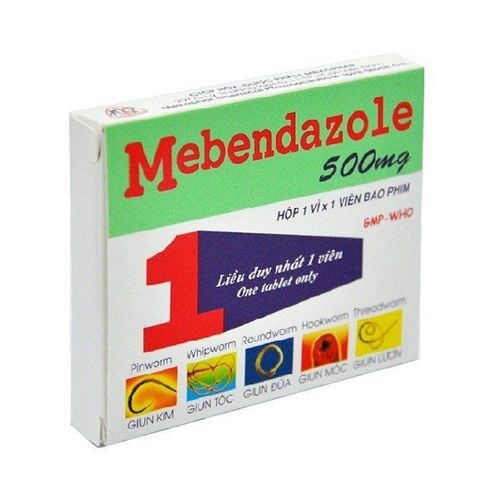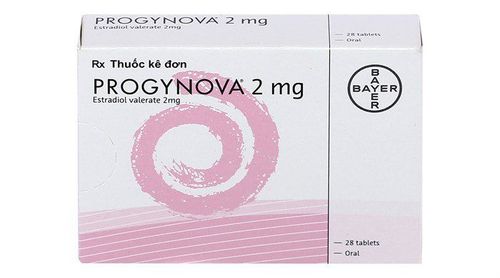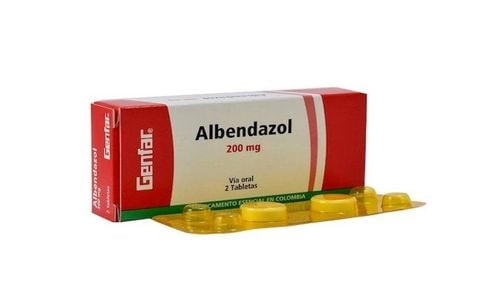Using deworming medication for pregnant women was once considered prohibited. However, new-generation deworming medications can help pregnant women get rid of these parasites without harming the baby.
1. Are There Deworming Medications for Pregnant Women?
Currently, about 2 billion people are infected with worms, with 300 million severely affected. Pregnant women make up a significant proportion of this number. Prolonged worm infections can cause malnutrition, iron deficiency, anemia, or liver and lung diseases.
In the past, using deworming medications for pregnant women was considered impossible due to concerns about safety and the benefits of treatment for both mother and baby.
However, there are now many deworming medications that are very safe and effective for pregnant women when used as prescribed by a doctor. Deworming medications for pregnant women include:
- Praziquantel: Classified as category B in the list of safe deworming medications for pregnant women. This medication has been tested on both humans and animals to evaluate its safety during pregnancy.
- Mebendazole: A commonly used deworming medication that has been tested at a dose of 100 mg/day for 3 consecutive days in pregnant women, including those in their first trimester. The results of the trial did not find any abnormalities in pregnancy. Therefore, at the usual therapeutic dose, Mebendazole is considered safe for pregnant women.
- Albendazole: A derivative of the Benzimidazole group, which can cause birth defects in animals when used at high doses. However, in some human studies, the medication was found to be safe for pregnant women when used at the usual dose.
For other deworming medications like Levamisole or Pyrantel, there is currently insufficient information about their safety for pregnant women. Therefore, pregnant women should not use deworming medications without a doctor's prescription.
2. When Should Pregnant Women Deworm?
In areas where schistosomiasis and soil-transmitted helminths are prevalent, the benefits of treating worm infections in pregnant women outweigh the risks to both mother and fetus.
According to the World Health Organization, using deworming medications for pregnant women is considered a public health intervention in areas where:
- The initial prevalence of hookworm or T. trichiura infection is over 20% among pregnant women.
- There is a need to reduce the burden of hookworm and T. trichiura infection in areas where anemia is a serious health problem, with over 40% of pregnant women affected.
A suggestion from the Mother and Child Health Education Trust for the dosage of Mebendazole or Albendazole deworming medications is as follows:
- The first dose during the 4th to 6th month of pregnancy.
- The second dose during the 7th to 9th month of pregnancy.
- Do not use deworming medications in the first trimester of pregnancy.
3. Notes for Pregnant Women When Taking Deworming Medication
If you notice any health issues during pregnancy, you should see a doctor for appropriate treatment. Additionally, regular check-ups are necessary for the doctor to closely monitor your health before and after treatment.
Besides using deworming medications during pregnancy when necessary, pregnant women should improve their health and maintain good personal hygiene to reduce worm infections. Pay attention to hand hygiene before eating and after using the toilet, ensure food hygiene, and avoid walking barefoot.
In general, deworming medications for pregnant women are still a controversial issue. If a pregnant woman has a severe worm infection, she must take medication as prescribed by a doctor and continuously monitor her pregnancy to ensure the health of both mother and baby.
To arrange an appointment, please call HOTLINE or make your reservation directly HERE. You may also download the MyVinmec app to schedule appointments faster and manage your reservations more conveniently.













